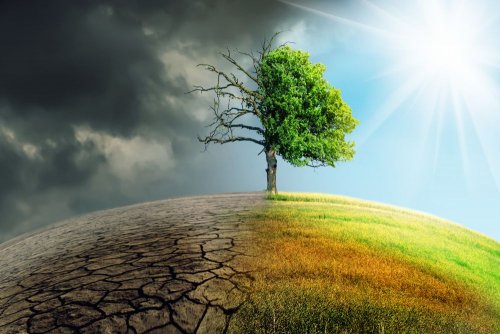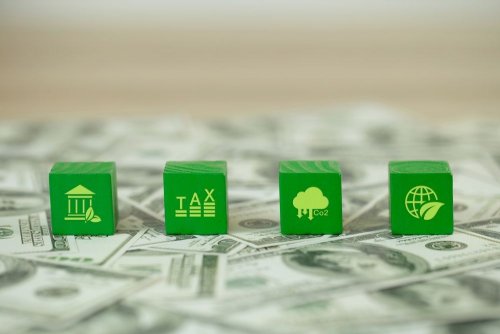The European Carbon Border Adjustment Mechanism (CBAM) can encourage exporters, particularly from the Asia-Pacific region, to switch to greener technologies.
This is stated in the analysis of the specialized unit on environmental, social and management issues Sustainable Fitch, reports BusinessWorld.
Analysts emphasized that regulatory bodies in the region could also create internal carbon pricing mechanisms. This will contribute to reducing the intensity of carbon emissions and minimize risks against the background of the growing trend of tariffs on carbon emissions in other countries of the world.
In addition, the EU is Southeast Asia's third largest trading partner, accounting for around 11% of total trade.
It is noted that in the EU, the first stage of the launch of CBAM will take place in October 2023, and it will begin to function fully in 2026. The mechanism is designed to stimulate the introduction of "cleaner" technologies in industrial production to reduce carbon leakage, especially by large exporters of raw materials and industrial goods.
"We expect this scheme to encourage exporters in the Asia-Pacific (APAC) region to develop and implement clean technologies that reduce carbon intensity in anticipation of CBAM compliance, as well as the possible expansion of sectors covered by the mechanism," Sustainable Fitch said.
Analysts stressed that decarbonisation is not likely to be so easy in Southeast Asia as governments balance social and economic considerations with environmental ones. However, CBAM can accelerate progress in aligning national carbon frameworks and strategies with net-zero carbon goals.
CBAM will also increase costs in the supply chain, they added. This has given rise to discussions about trade protectionism and discrimination against the EU's trading partners. After all, carbon tariffs may encourage industrial producers in the Asia-Pacific region to direct trade flows to markets with less stringent climate requirements in order to remain competitive. The effectiveness of carbon tariffs in curbing carbon leakage should increase as the scale of carbon markets and the sectors covered expand.
"Despite the large volume of trade, the region's reaction to the CBAM was muted, as about 90% of Southeast Asia's manufactured goods exports to the EU fall outside the defined product categories," the analysts emphasized.
It is noted that CBAM will cover 6 sectors (iron and steel, cement, fertilizers, electricity, aluminum and hydrogen). However, none of these are key to trade between the EU and Southeast Asia.
"Sustainable Fitch sees a limited impact on the main Southeast Asian economies for now. However, this may change over time. For example, if CBAM is expanded to include a wider range of sectors and imported products, regional economies in Southeast Asia may be forced to implement corresponding national environmental regulations and technologies to avoid losing an important foreign market. Such a transition will not be without problems," the analysts emphasized.
Earlier, EcoPolitic wrote, that the recently agreed EU carbon border adjustment mechanism (CBAM) may slow down efforts at decarbonization, rather than stimulate them.
As EcoPolitic previously reported, Great Britain is considering introducing its own carbon tax on imported steel, which is similar to the European Carbon Border Adjustment Mechanism (CBAM).





